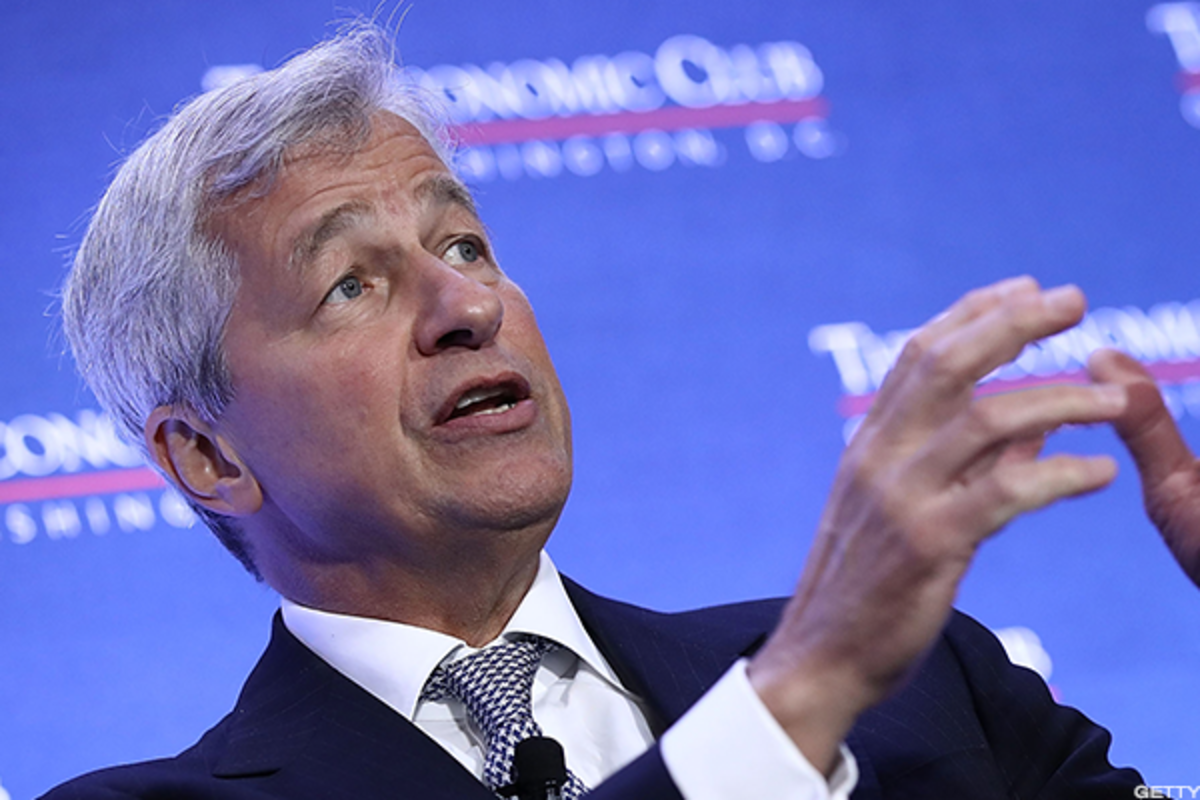
After the Federal Reserve’s 0.5-percentage-point interest-rate reduction last week, many experts say a soft landing for the economy is in store.
That means falling inflation without a recession. The Consumer Price Index gained 2.5% in the 12 months through August, the smallest increase since February 2021.
The Fed’s favored inflation indicator, the personal consumption expenditures price index, gained the same amount in the 12 months through July. The central bank’s inflation target is 2%.

J. Lawler Duggan/For The Washington Post via Getty Images
As for the economy, GDP increased 3% annualized in the second quarter, up from 1.4% in the first quarter. And the Atlanta Fed’s GDP forecasting model predicts a 2.9% expansion for the third quarter.
To be sure, employment growth has slowed, which is what pushed the Fed to slash interest rates. Nonfarm payrolls climbed 142,000 last month, putting the three-month average at 116,000, the lowest since mid-2020.
But many experts believe Fed rate cuts will counteract that weakness. Rate reductions make a soft landing “very plausible,” former Fed Gov. Daniel Tarullo, now a professor at Harvard Law School, told Harvard Law Today.
Jamie Dimon unsure of soft landing
However, JP Morgan Chase CEO Jamie Dimon injects a note of caution. “Hopefully we’re on the way to a soft landing. I wouldn’t count my eggs,” he said at a conference last week. “I am a little more skeptical than other people. I give it lower odds.”
He’s not sure that inflation will “go away so easily.” It remains above its pre-Covid levels. “We may have gone from a lower inflation rate to a slightly higher rate,” Dimon said, according to Bloomberg.
Sign up for TheStreet's free daily newsletter.
But that’s no big deal, he maintained. “Down the road, whatever [inflation] is, we’ll deal with it. Economists are used to dealing with that. It’s not a disaster.”
Related: Vanguard lays out key investing strategy after Fed rate cut
The veteran economist David Rosenberg appears more worried about the economy than Dimon. “I don’t believe in fairy tales,” he said of a soft landing in an interview with MarketWatch. “The Fed is suffering from a classic case of cognitive dissonance.”
Central bank policy is too tight, Rosenberg said. The Fed’s 50-basis-point move was “nothing more than an acknowledgement that it had stayed too tight for too long,” he said.
All Fed Chairman Jerome Powell did "was to sugar-coat the situation. How can he talk about the U.S. economy being solid at the same time he talked about downside risk to the labor market outweighing upside risk to inflation?”
Veteran fund manager: The implications for stocks
JoAnne Feeney, a veteran portfolio manager at Advisors Capital ($8 billion of assets under management), is more optimistic about the economy. It’s “in pretty good shape,” she wrote in a commentary.
Related: Experts cite stocks to buy after Fed rate cut
“While some segments of the income distribution are struggling, and some industries are seeing weak demand, the aggregate picture remains healthy. We are not in a recession, and we don’t see a trigger that would lead to one anytime soon.”
That has definite implications for stocks, given what will likely be multiple Fed rate cuts, she said.
Historically, once the Fed starts lowering rates, value stocks tend to outperform growth stocks, and defensive stocks tend to outperform cyclicals. But that has generally happened when the Fed cut rates into a weak economy, Feeney noted.
Now, rate cuts will benefit companies that want to borrow. That includes small companies, biotechnology companies and tech companies in general. This is good news for these companies’ suppliers too, she said.
More Economic Analysis:
- Jobs report surprise adds to case for bigger Fed interest rate cuts
- Jobs report to signal timing and size of autumn Fed interest rate cuts
- Fed rate cuts may not guarantee a September stock market rally
On the consumer side, lower rates could spur increased spending on everything from travel and leisure to autos and home appliances, Feeney said.
She says growth stocks will beat value. Sectors poised to thrive are technology, industrials, healthcare, and consumer discretionary, she said. Laggards will likely include consumer staples and utilities.
Related: Veteran fund manager who correctly forecast stock drop updates outlook







